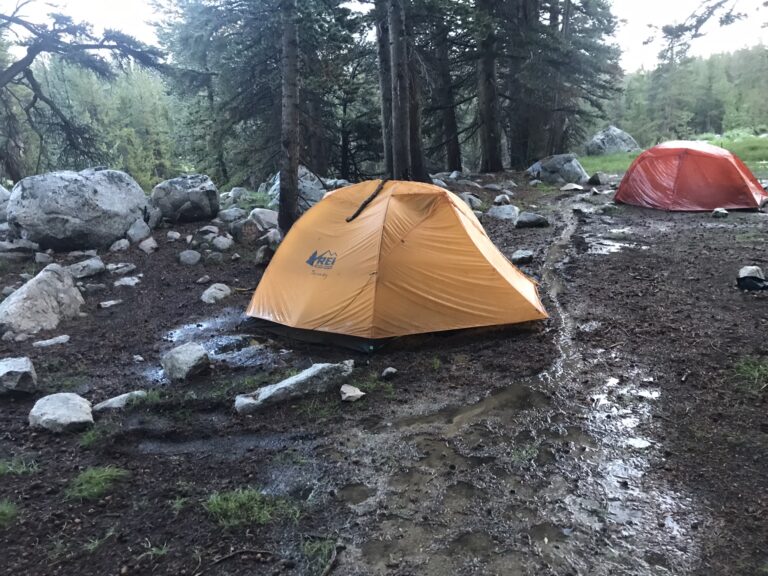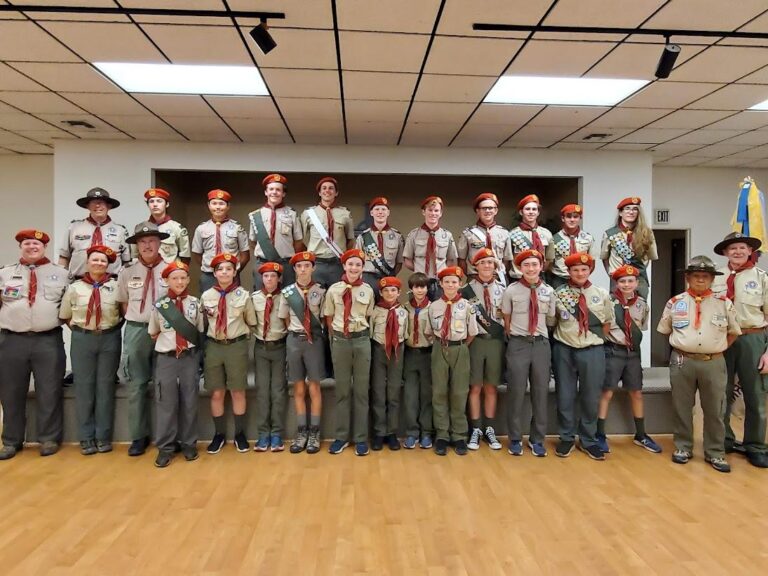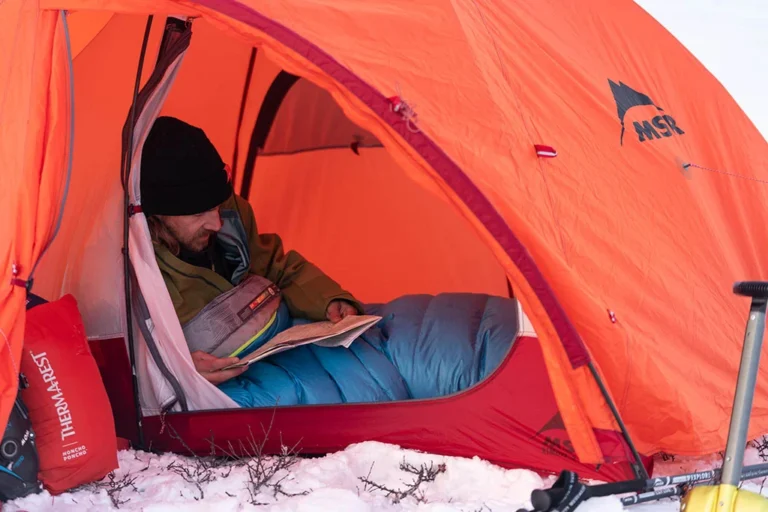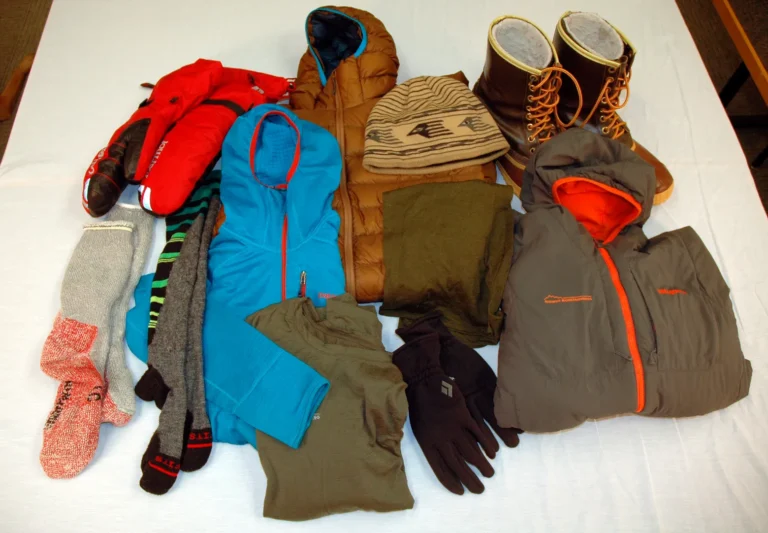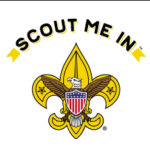Gearing Up
(General tips and sound advice for the novice in us all)
-
Purchase quality backpacking equipment from a reputable supplier. The comfort level is far superior to inexpensive, poorly made items found in discount stores. Quality gear will hold up better in the long run, and should you have problems, the manufacturer will often replace the damaged item.
-
Freshen your sleeping bag and tent before your trip by putting both in the sun to air. Turn them frequently to prevent sun damage. When you return home, air them again. Tents and bags must be thoroughly dry before packing because mildew can easily ruin them. Even if it didn’t rain during your trip, they probably collected condensation.
-
Carry a hiking staff for several reasons. On rocky terrain, it can serve as a third leg for better balance. When stepping over rocks or logs, you can poke around for snakes on the other side. You can use it to flick limbs and branches off the trail. It can form a third leg for stream crossings, and substitute as a pack rest for your backpack when no trees are around.
-
Select wide mouth, plastic water bottles. The wide opening allows easy access for cleaning, and removing partially frozen water. Get a clear one so you can easily see how much water is left.
-
To prevent your flashlight from accidentally going on in your pack and draining the batteries, use a rubber band to hold the switch in the “off” position. Or you can reverse the batteries.
-
Pack lighter, not heavier. Many inexperienced hikers try to carry much more weight than is comfortable or safe.
-
Develop a system. Fill your pack the same way each time you use it, and try to avoid stuffing things randomly into pockets. Using a system will save your time when a storm hits and you’re trying to get rain gear on or your tent up. It’s nice to know, too, just where that flashlight is hiding because night can fall fast.
-
Stand all bottles (stove fuel and water) upright. In camp, keep the fuel bottle outside the tent and when traveling, store it either in an outside pack pocket or in a rock climber’s chalk bag tied to your pack. Gas bottles can leak and contaminate clothes and food.
-
Trim away ounces. Look at each piece of gear and ask yourself if there’s a lighter item that can replace it. Or can you make that particular piece of gear lighter? Ounces add up to pounds. Use a plastic spoon and cup instead of metal ones.
-
Everyone has his own packing system, but in general, place heavy items as close to your back as you can. Bulky gear like your tent and food supplies should be up top in the pack. Your sleeping bag is a good item for the bottom of the pack, and your clothes should go somewhere in between. If you have an internal frame pack, pad sharp objects because they’ll invariably poke you in the back.
-
Put pack pockets to good use. In an outside pocket, keep items that you will use often during the day: rain gear, sunglasses, toilet paper, and maps, for instance. With those items handy, you won’t need to open your pack as often.
-
Losing gear on the trail can be a problem, since every item in your pack has a purpose.
To minimize your chances to leaving something behind, leave the pocket zipper or flap on your pack open after removing an item. Before shouldering your pack to take off down the trail, check for open pockets and try to remember what was in them. You’ll know to look around before embarking. - Backpacking gear is important, but a good mental attitude will make more of a difference than a store full of the best equipment.
